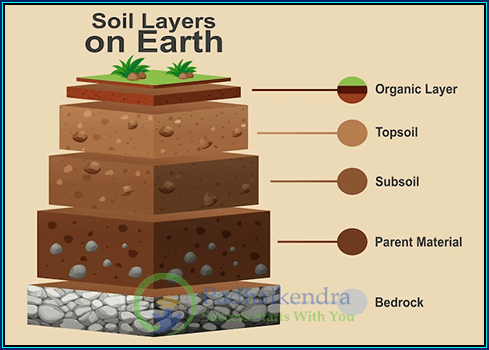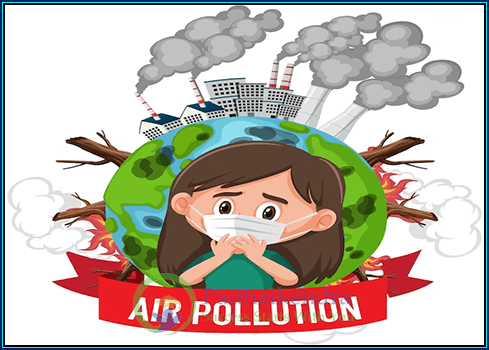Immigration refers to the act of individuals moving permanently to a new country or region, typically with the intention of settling there. This can happen for a variety of reasons, including seeking better economic opportunities, reuniting with family members, or escaping persecution or conflict in their home country.

Immigration can have significant social, economic, and political impacts on both the country of origin and the destination country. In the destination country, immigration can help to address labor shortages, increase cultural diversity, and bring new skills and talents to the workforce. However, it can also lead to tensions over issues such as jobs, social services, and cultural differences.
Many countries have laws and policies in place to regulate immigration, including requirements for visas or work permits, background checks, and limits on the number of immigrants allowed each year. Immigration can be a contentious political issue, with debates often centering around questions of national security, economic impact, and cultural identity.





